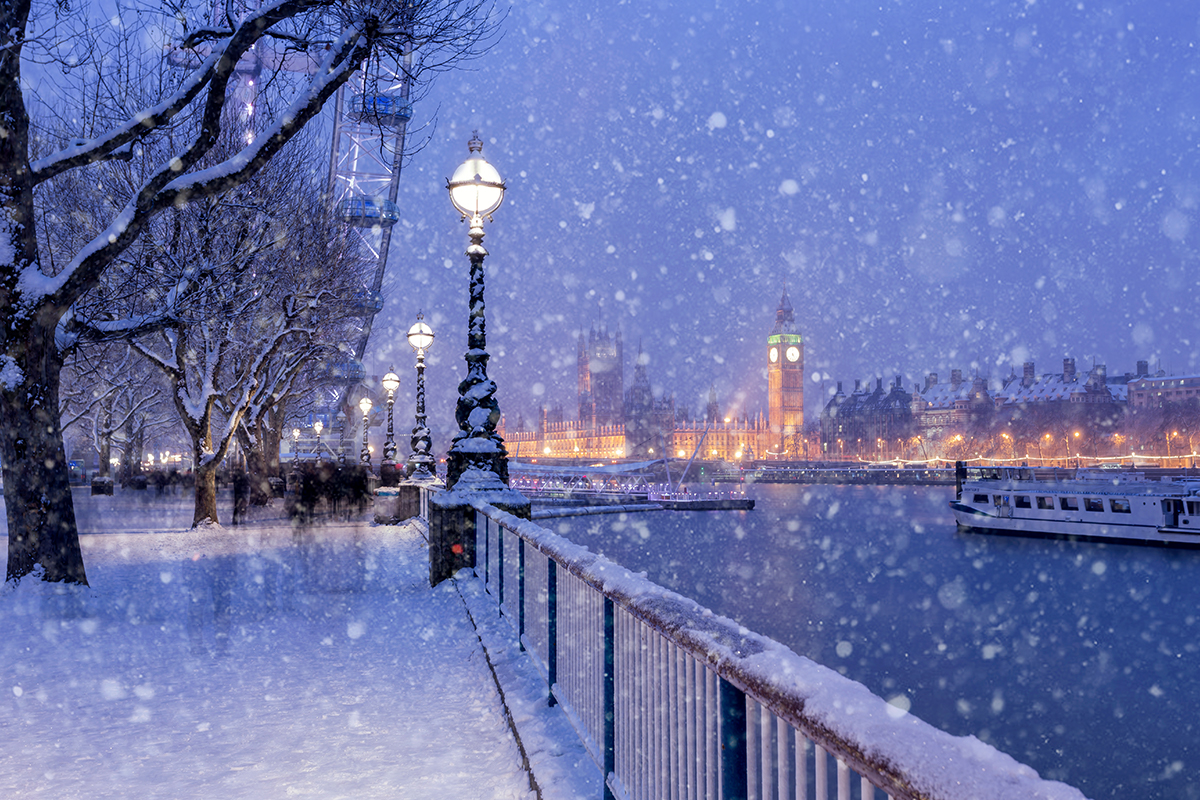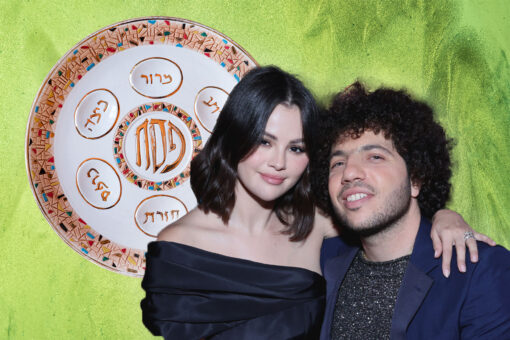Like many other Londoners, late on Halloween I tuned into Prime Minister Boris Johnson’s announcement of a four-week nationwide lockdown that he said was necessary so “families across the country” could be together for Christmas. We’d already heard public health advisers say the only way to “save Christmas” would be to impose harsher measures.
I believe strongly that we must take the coronavirus pandemic seriously, and that lockdowns are better than the byzantine tier system. But I was struck by the emphasis on saving a holiday that I wouldn’t be celebrating. On Christmas, I’ll be where I’ve been since March — home, alone, working. There was no relaxing of the rules so we could gather for Yom Kippur break fasts, or for Eid, or Diwali, or Hanukkah. And if cases surge after Christmas, we’ll all pay the price again. That doesn’t sound very merry to me.
I immigrated to England from New York five years ago. Although I’m settled here — I brought my horse over, I’m a homeowner, I got a dog, I have a job, and I got dual citizenship with Portugal as a Sephardic Jew before Brexit, meaning I have Settled Status in the UK — there are constant little reminders that I still don’t quite belong.
No matter where I go, as an American Sephardic Jew in Britain, I often feel — to borrow a Britishism — slightly on the back foot.
That’s not to say that I’m met with hostility or even ignorance all or most of the time. The first thing I did when I moved here, completely alone, was join a synagogue, and I was welcomed. With no direct equivalent to my American Conservative synagogue and less community nearby, I’m less observant here — but I’ve never felt more Jewish, now that I’m a stranger in a strange land.
I’ve since had my closest friends — all non-Jews from my running club — celebrate Purim with me, eagerly anticipating my hamantaschen each year (“those triangle biscuits”), and had a friend bake me round challah for Rosh Hashanah. Non-Jewish friends have even come along to services with me, and I don’t mind if they call my shul “your church.”
But I’ve also toughed out dates with English men who blurted out that they “liked Jewish girls,” or reached out to touch my dark curls without warning, or called me “exotic.” Sometimes I had experiences I thought were nice at the time, like celebrating Chrismukkah with my ex-boyfriend’s family and writing about it, only to discover that he actually found it (and me) quite burdensome.
“We were really trying,” he told me, irritated after I wrote about The Marvelous Mrs. Maisel being a surprisingly great way to help non-Jews learn about my family from afar. I’d thought it was lovely, but pretty low-effort, at least for them. He secretly packed his things to leave me (in my opinion, a very WASPy thing to do) while I was out seeing my psychiatrist (in my opinion, a more Jewish thing to do).
I’ve also found myself caught up in what I experience as a much more intense and complex experience of antisemitism, where the issue may nominally be the politics of the Israeli occupation, but the reality is sometimes darker. I had a crash course in Labour Party politics and Corbynism and had to pick a side, fast, whether I wanted to or not. In both cases, I think expecting me to have a fully informed opinion is problematic. I can’t vote in Israel or the U.K. — I vote absentee in the U.S.
At work in the U.K., there is also much less acknowledgement of other religions than in New York. From ubiquitous pork in communal food (a problem for Muslim colleagues, too) to the slew of Christmas content I’m assigned, to being asked, “What are you doing for Easter? Oh, right…” the reminders are constant. It’s still not to say that individuals don’t go out of their way to be considerate, bringing alternate dishes to potlucks that I can eat, catching themselves when they ask me silly questions, or trying to learn.
It’s just the constant feeling of being the only one. As a Sephardic Jew whose grandmother was Cuban and great-grandmother was Syrian, I also feel I can never tick the box I want on an HR form — the census, and consequently any other forms, simply don’t have a “Hispanic/Latino” option. I am literally “other.”
This year, I helped campaign for a trial policy at my workplace that would allow people who don’t observe Christmas to work the two public holidays — Christmas Day and Boxing Day — and have time off in lieu to celebrate our holidays instead. It’s a positive step, but it’s only coming after the Jewish High Holidays have passed.
Home isn’t safe, either. I bought my first flat in September. One day after I put up my mezuzah, on Erev Rosh Hashanah, I received antisemitic disks in my postbox, with writing in English and mock-Hebrew proclaiming Jesus is the true messiah. I was ashamed the first time and discarded them. The second and third times, I got angry and spoke up. Half of the responses, from friends, co-workers, and police, were supportive. The other half insisted there’s nothing inherently antisemitic about it — it’s just a nuisance I should ignore.
Ultimately, this is a Christian country. As I study for the Life in the U.K. citizenship test, I’m reminded that the Queen is the head of State and Church. I’m required to know who the national saints are, what Shrove Tuesday is, and when Lent falls. (I also apparently need to know that Bobby Moore captained the English football team that won the World Cup in 1966.) The only Jewish holiday in the official study guide, relegated to “Other religious festivals,” is Hanukkah — one of the least significant Jewish holidays.
Don’t worry, I’m doing my bit to save Christmas. But I struggle with my mental health, and lockdowns and social distancing are no joke. Apart from my ex doing a runner (yes, that’s a Britishism for leaving me) on the first day of Lockdown 1.0 and my grandmother dying in New York in May, and me having to watch her funeral over FaceTime, it’s just extraordinarily hard to be this isolated.



